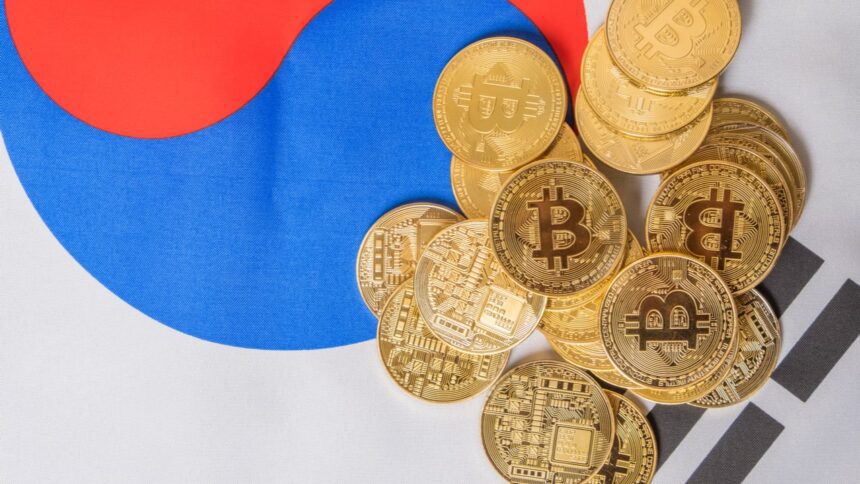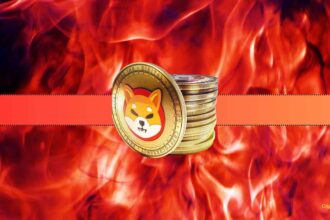South Korea has banned short-selling until at least June 2024. According to multiple reports, the reason for the ban is to appease retail investors by curbing unfair trading practices and also to prepare for the upcoming election.
In the wake of the recent ban, the South Korean stock market exhibited significant gains on Monday morning. The nation’s primary stock index, the Kospi, surged by 4%, with notable increases in specific companies like LG Energy Solution, a battery manufacturer, which saw its shares rise by more than 20%. Similarly, Posco Future M, a battery materials company, recorded a substantial 28% increase in its stock price. The technology-oriented Kosdaq index also displayed a solid 6% uptick.
The ban, slated to remain in effect until June 2024, encompasses all stocks listed in South Korea. Kim Joo-hyun, the Chairman of South Korea’s Financial Service Commission (FSC), addressed the situation, expressing ongoing concerns about the fair pricing of stocks in the domestic market due to repeated instances of illegal naked short selling by global institutional investors. Joo-hyun emphasized that the commission plans to utilize this ban period for enhancing short selling regulations and scrutinizing the activities of global institutional investors involved in “naked” short selling. He stated, “We will take a zero-tolerance stance against illegal naked short-selling practices, with strict penalties and potential criminal prosecution for wrongdoers.”
This recent decision marks a reversal of the FSC’s 2021 move to lift short-selling restrictions on Kospi 200 and Kosdaq 150 stocks, originally implemented during the Covid-19 pandemic to stabilize the stock market.
An Hyung-jin, the Chief Executive of Billionfold Asset Management, expressed surprise at the FSC’s decision. Many had expected the regulator to completely lift the ban on short selling as part of Seoul’s ongoing efforts to attain an upgraded status by leading index providers to become a developed market.
The Kospi’s recent gains signify a modest recovery for the stock market, which had experienced a nearly 15% decline between August and October, primarily due to the persistent high-interest rates in the United States.












